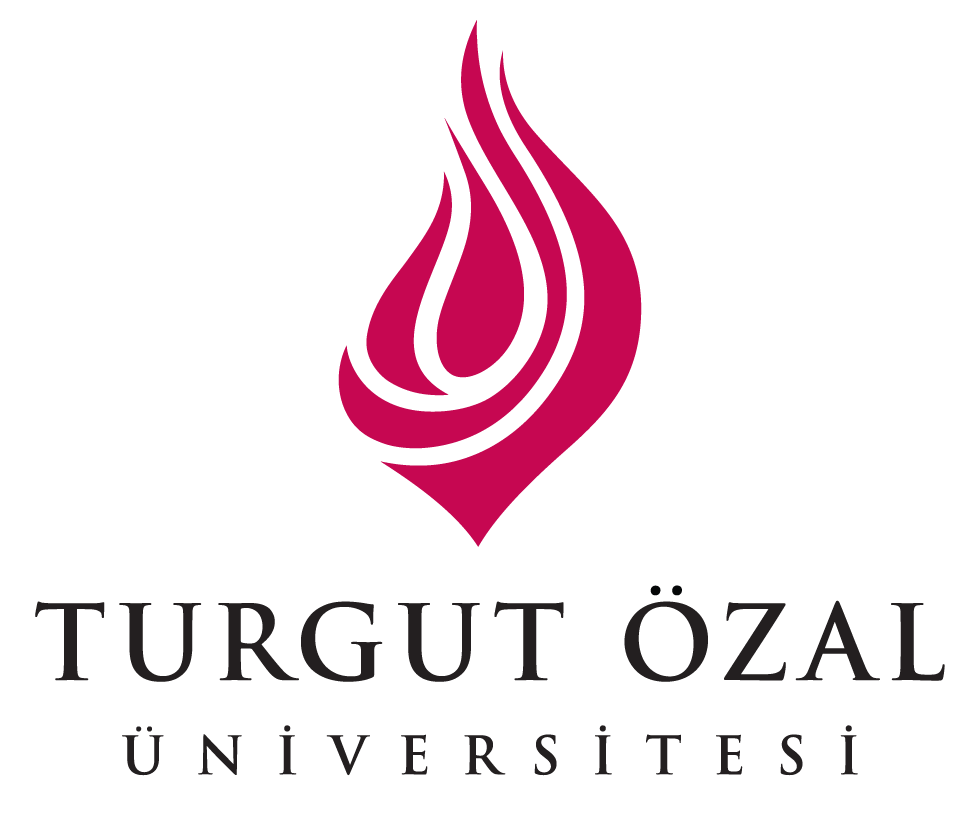Team:ATOMS-Turkiye/deneme
From 2013.igem.org
| Line 90: | Line 90: | ||
<image id="image" src="https://static.igem.org/mediawiki/2013/6/66/Oncoli-diagram-2.jpg" /> | <image id="image" src="https://static.igem.org/mediawiki/2013/6/66/Oncoli-diagram-2.jpg" /> | ||
<div id="text"> | <div id="text"> | ||
| - | <p class='infocard'> | + | <p class='infocard'>Welcome to our model of Oncoli. The genetically engineered Nissle 1917 bacteria present in the lumen produce nanofactories which are responsible of recognizing and inducing the apoptosis mechanism of cancer cells.</p> |
</div> | </div> | ||
</div> | </div> | ||
| Line 96: | Line 96: | ||
<image id="image" src="https://static.igem.org/mediawiki/2013/c/cb/Oncoli-diagram-3.jpg" /> | <image id="image" src="https://static.igem.org/mediawiki/2013/c/cb/Oncoli-diagram-3.jpg" /> | ||
<div id="text"> | <div id="text"> | ||
| - | <p class='infocard'> | + | <p class='infocard'>The nanofactory complex produced by our bacteria is formed by three parts. These are: Anti-EpCAM , Protein G and our enzymes Luxs-pfs and His-link-enzyme. These nanofactories are released from bacteria into the lumen via signal peptides. Once the Anti-EpCAM’s present on the nanofactories bind to the EpCAM antigens present on the surface of epithelial cells, the enzymes Luxs-pfs and His-link-enzyme present within the nanofactories begin to use SAH in the lumen to produce AI-2: Quorum sensing material. </p> |
</div> | </div> | ||
</div> | </div> | ||
| Line 102: | Line 102: | ||
<image id="image" src="https://static.igem.org/mediawiki/2013/2/26/Oncoli-diagram-4.jpg" /> | <image id="image" src="https://static.igem.org/mediawiki/2013/2/26/Oncoli-diagram-4.jpg" /> | ||
<div id="text"> | <div id="text"> | ||
| - | <p class='infocard'> | + | <p class='infocard'>Compared to normal cells, EpCAM antigens are expressed 100 times more on a cancer cell. Therefore the concentration of bound nanofactories on a cancer cell is 100 times greater.</p> |
</div> | </div> | ||
</div> | </div> | ||
| Line 108: | Line 108: | ||
<image id="image" src="https://static.igem.org/mediawiki/2013/5/52/Oncoli-diagram-6.jpg" /> | <image id="image" src="https://static.igem.org/mediawiki/2013/5/52/Oncoli-diagram-6.jpg" /> | ||
<div id="text"> | <div id="text"> | ||
| - | <p class='infocard'> | + | <p class='infocard'>The AI-2 substance produced in the lumen by our nanofactories act like a chemo-attractant which trigger our Nissle 1917 bacteria to motions toward the cancer cells via the quorum sensing technique.</p> |
</div> | </div> | ||
</div> | </div> | ||
| Line 114: | Line 114: | ||
<image id="image" src="https://static.igem.org/mediawiki/2013/b/b2/Oncoli-diagram-7.jpg" /> | <image id="image" src="https://static.igem.org/mediawiki/2013/b/b2/Oncoli-diagram-7.jpg" /> | ||
<div id="text"> | <div id="text"> | ||
| - | <p class='infocard'> : | + | <p class='infocard'>TAT-Apoptin: our killer protein is controlled by an inducible promoter called LsrR-lsrk. LsrR-lsrk is induced by AI-2 which is formed when our nanofactories bind to the cancer cells. Our bacteria build up around cancer cells and release our killer protein: TAT-Apoptin. </p> |
</div> | </div> | ||
</div> | </div> | ||
| Line 120: | Line 120: | ||
<image id="image" src="https://static.igem.org/mediawiki/2013/5/58/Oncoli-diagram-11.jpg" /> | <image id="image" src="https://static.igem.org/mediawiki/2013/5/58/Oncoli-diagram-11.jpg" /> | ||
<div id="text"> | <div id="text"> | ||
| - | <p class='infocard'></p> | + | <p class='infocard'>The secreted TAT-APOPTIN complex, binds to the cancer cells and normal cells, penetrating into the membrane without causing any damage. When apoptin reaches a specific concentration in the cytoplasm of cancer cells, the period of apoptosis begins and the cancer cells are destroyed. However the normal cells remain unaffected as apoptin is cancer specific. </p> |
</div> | </div> | ||
</div> | </div> | ||
Revision as of 20:08, 4 October 2013
 "
"


